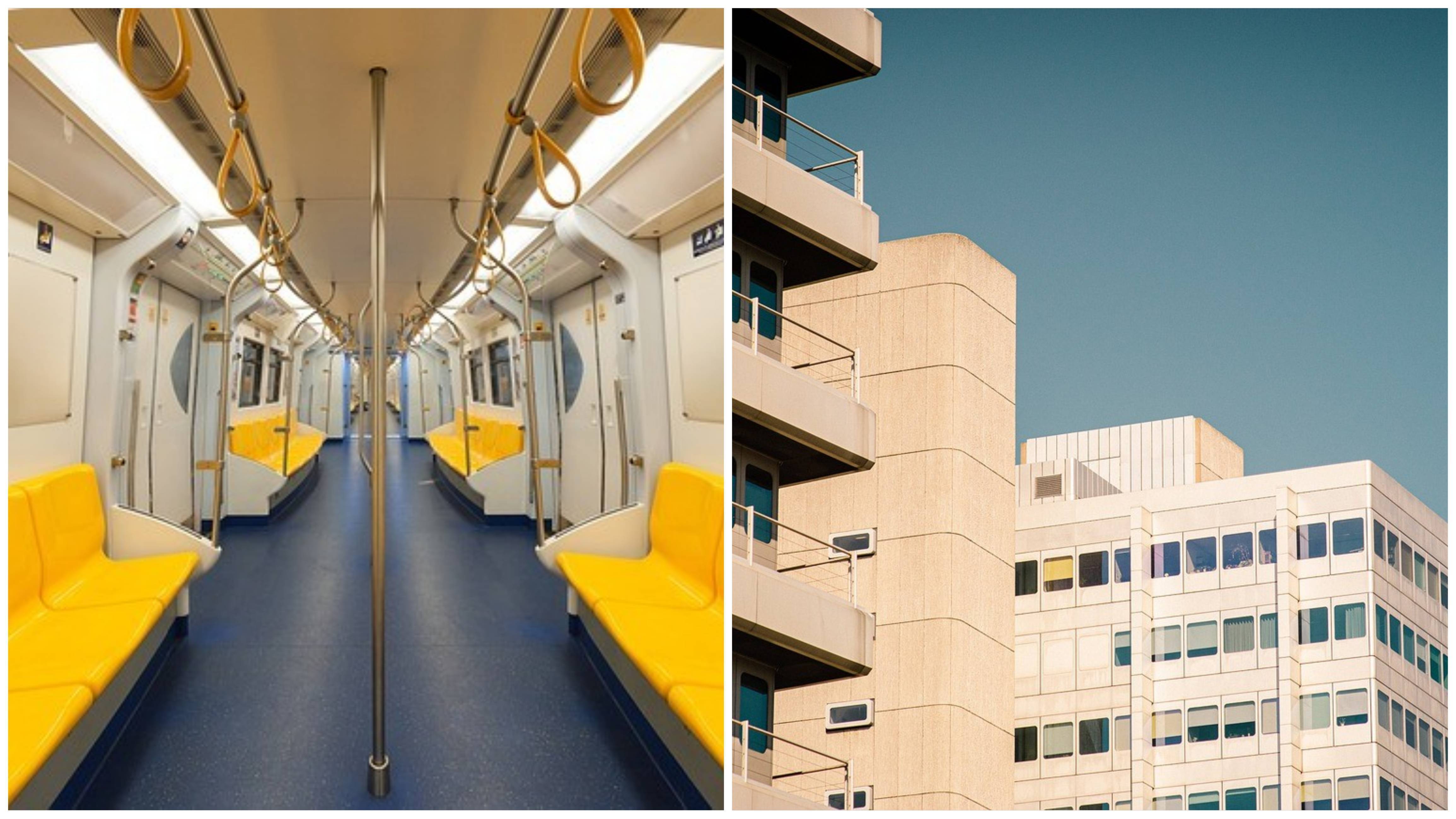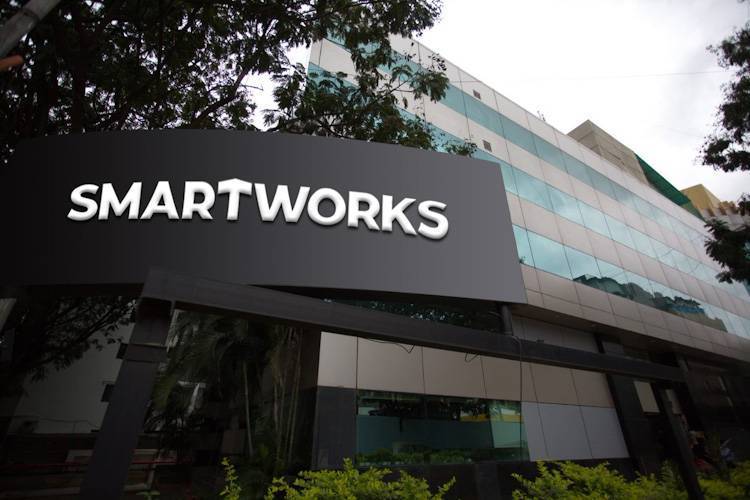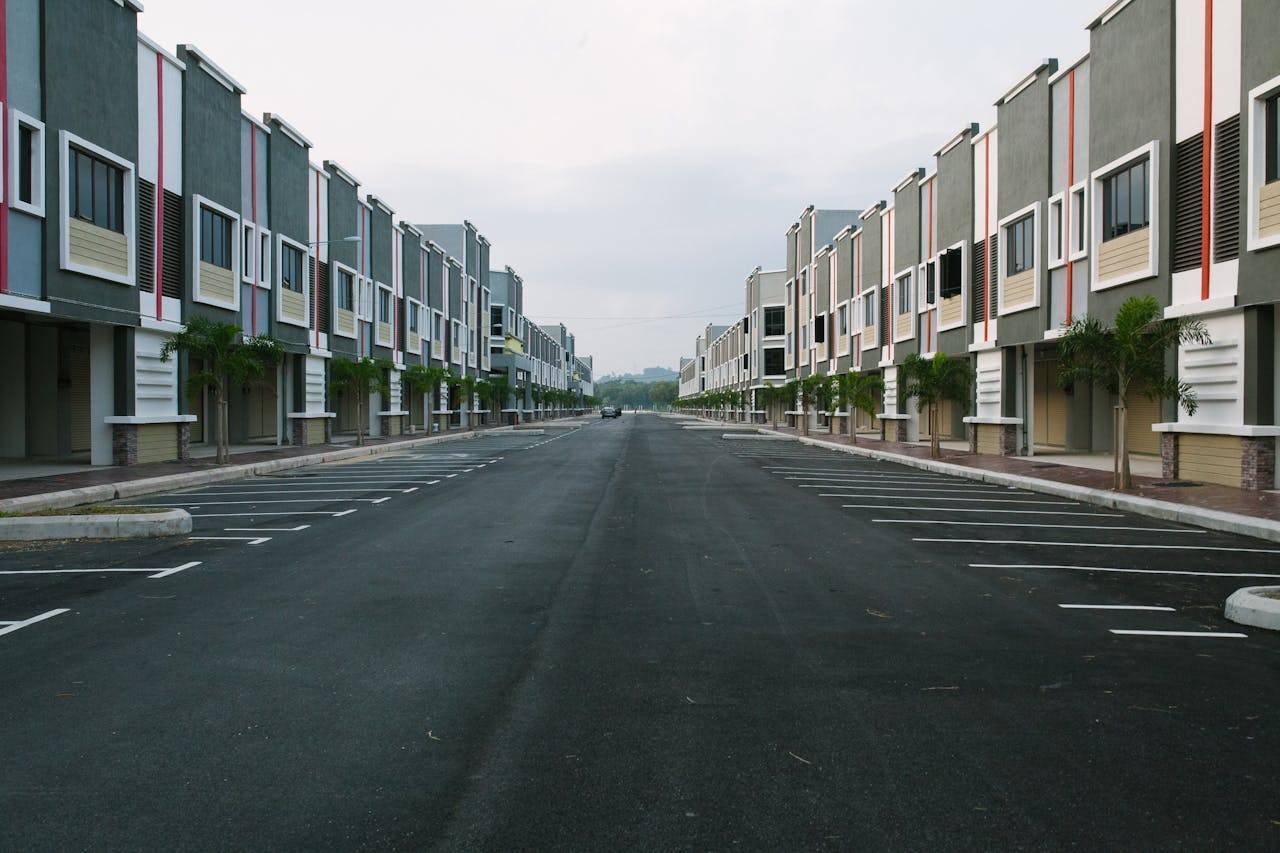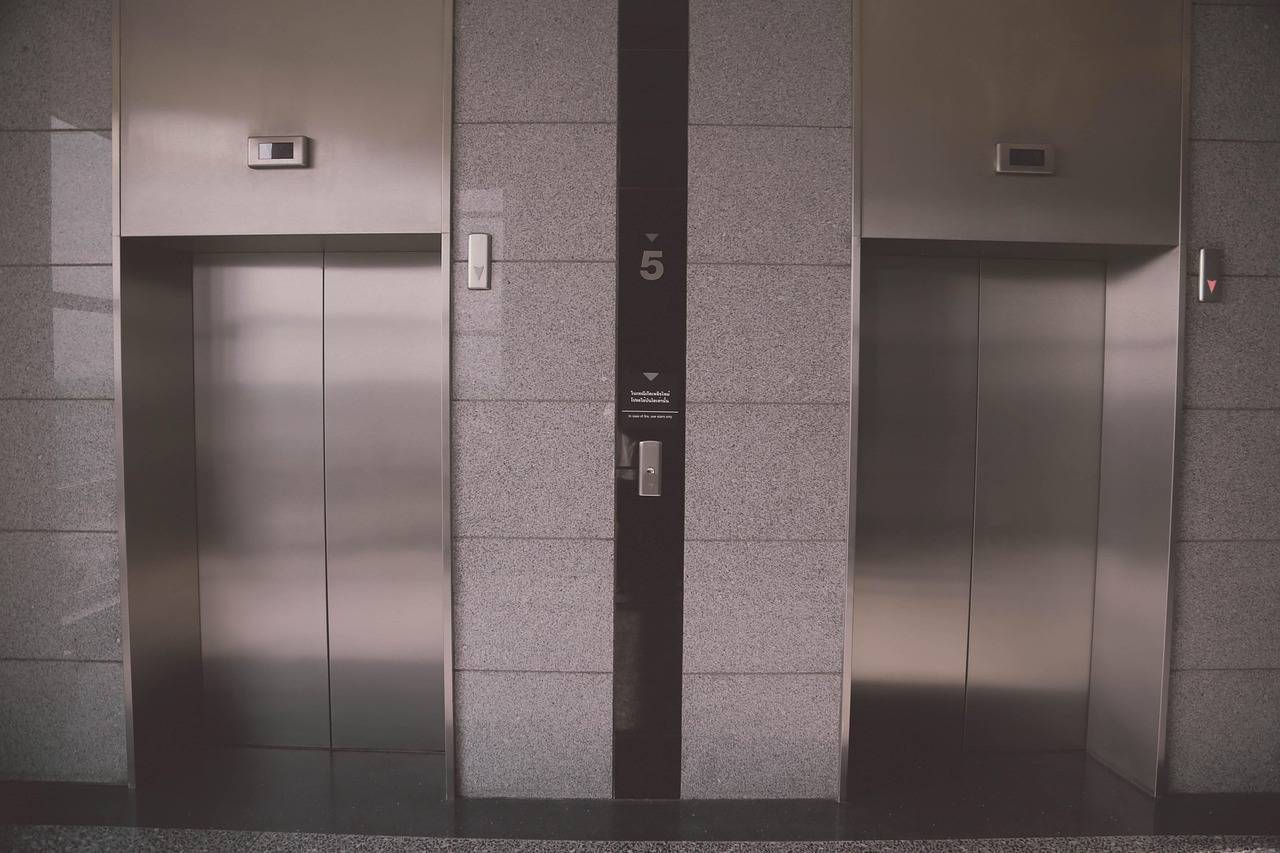The recent approval of three major metro rail projects in Bengaluru, Thane, and Pune by the Union Cabinet marks a significant milestone in India's urban infrastructure development. These projects are poised to become key drivers of real estate growth in their respective regions, unlocking value across residential, commercial, and retail segments. As urban mobility improves, so too does the appeal of living and working in these cities, leading to both organic and inorganic growth in the real estate sector.
The Three Metro Corridors
Bengaluru's Metro Phase-3 Expansion
In Bengaluru, the approval of Phase-3 of the Metro, consisting of two corridors—JP Nagar to Kempapura and Hoshahalli to Kadabagere—comes at a substantial investment of ₹15,611 crore. This expansion is designed to connect the western peripheral areas with the Outer Ring Road (ORR) and key localities in the Secondary Business District, such as JP Nagar and Bannerghatta Road. The project is expected to boost the industrial and warehousing segments in Western Bengaluru, as well as enhance commercial real estate in IT hubs along the ORR. Real estate investors are likely to see significant property price appreciation as the metro construction progresses, making this an attractive area for both residential and commercial developments.
Thane's Integral Ring Metro
The Thane Integral Ring Metro, with a budget of ₹12,200 crore, is another crucial project aimed at enhancing connectivity within the city. This metro line will link residential and industrial areas while providing interchanges with Mumbai Metro rail lines 4 and 5. Notably, it will connect major hubs such as Navpada, Wagle Estate, and Hiranandani Estate, easing commuting and decongesting key areas. Experts believe this metro network will serve as a catalyst for the growth of established residential and office markets in Thane, leading to increased capital values and rental appreciation over time. Thane's inclusion in the Smart Cities Mission underscores its potential as a prime destination for real estate investment.
Pune Metro's Extension
The Pune Metro, extending from Swargate to Katraj at a cost of ₹2,954.5 crore, is set to provide underground connectivity to important areas such as Market Yard, Padmavati, and Katraj. This extension will improve access to residential areas, a university campus, and a zoological park, thereby enhancing the overall urban infrastructure. The metro's expansion is expected to support the city's growth by making it more accessible and desirable for both residents and businesses.
Real Estate Impact and Opportunities
The approval of these metro projects signals a clear commitment from the government to improve urban mobility and infrastructure, which, in turn, fuels real estate growth. In Bengaluru, the metro expansion is likely to attract investments in residential and commercial properties along the new corridors. The western peripherals of the city, currently less developed compared to other regions, could see a surge in demand as the metro brings them closer to key business districts.
Thane, already a hotspot for real estate investment, is expected to further solidify its position with the new metro line. The improved connectivity will not only make daily commutes easier but also enhance the city's appeal as a residential and commercial hub. The Thane Metro project is particularly significant as it integrates with the existing Mumbai Metro network, offering seamless travel options for residents and boosting the area's attractiveness.
Pune, on the other hand, will benefit from the metro's ability to connect densely populated and commercially important areas. The city's real estate market, which has been growing steadily, is likely to experience a further boost as the metro extension makes it easier for people to move around the city. This is particularly important for Pune's burgeoning IT sector, which relies heavily on efficient transportation for its workforce.
Long-term Implications
The long-term implications of these metro projects extend beyond just real estate. Improved connectivity can lead to the development of new business districts, the expansion of existing ones, and the creation of job opportunities. As cities become more connected, they also become more attractive to multinational companies and investors, further driving economic growth.
Moreover, the metro projects are expected to have a positive environmental impact by reducing the reliance on private vehicles, thereby cutting down on traffic congestion and pollution. This aligns with broader efforts to create more sustainable and livable cities.
Way Forward
The Union Cabinet's approval of metro projects in Bengaluru, Thane, and Pune is a strategic move that is expected to unlock significant real estate potential in these cities. By enhancing urban mobility and connectivity, these projects will not only drive property price appreciation but also contribute to the overall economic development of the regions. For real estate investors, developers, and residents alike, the future looks promising as these metro lines begin to take shape. As construction progresses and the metro networks expand, these cities are set to emerge as even more attractive destinations for living, working, and investing.









.png)